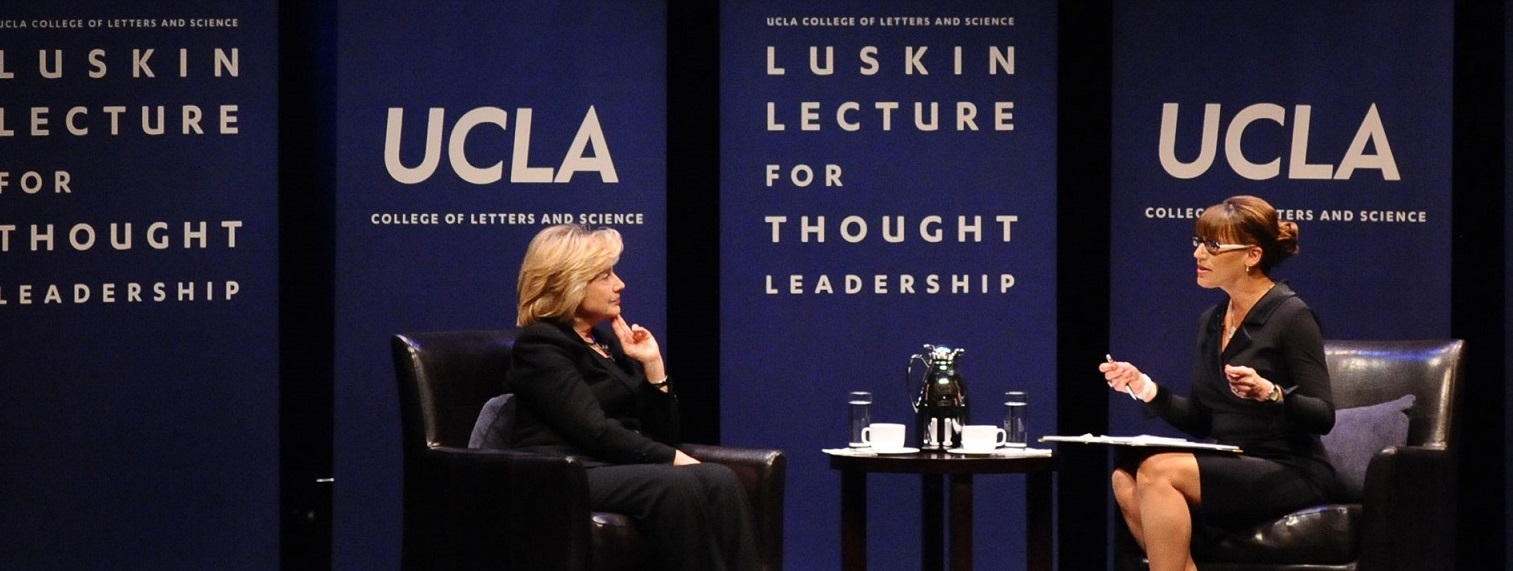When kids “pass” the marshmallow test, are they simply better at self-control or is something else going on? A new UC San Diego study revisits the classic psychology experiment and reports that part of what may be at work is that children care more deeply than previously known what authority figures think of them.
当孩子们“通过”棉花糖实验时,他们是更善于自我控制,还是有其他原因?加州大学圣地亚哥分校的一项新的研究重新审视了这个经典的心理学实验,并报告说,部分原因可能是孩子们更关心权威人士对他们的看法。

In the marshmallow test, young children are given one marshmallow and told they can eat it right away or, if they wait a while, while nobody is watching, they can have two marshmallows instead. The half-century-old test is quite well-known. It’s entered everyday speech, and you may have chuckled at an online video or two in which children struggle adorably on hidden camera with the temptation of an immediate treat.
在棉花糖实验中,孩子们得到一个棉花糖,并被告知他们可以马上吃掉它,或者,如果他们等一会儿,在没有人看到的情况下,他们可以吃两个棉花糖。这个有半个世纪历史的实验是相当有名的。如今,当你看到关于其一两个在线视频时,你可能会笑出声来。在视频中,孩子们在隐藏的摄像头下,可爱地挣扎着,恨不得将棉花糖一口吞掉。
But the real reason the test is famous (and infamous) is because researchers have shown that the ability to wait — to delay gratification in order to get a bigger reward later — is associated with a range of positive life outcomes far down the line, including better stress tolerance and higher SAT scores more than a decade later. Whether or not it’s just this ability to wait or a host of other socioeconomic and personality factors that are predictive is still up for debate, but the new study, published in the journal Psychological Science, shows that young children will wait nearly twice as long for a reward if they are told their teacher will find out how long they waited.
但实验的真正原因是著名的(和臭名昭著的),因为研究人员表明,等待的能力——为了以后得到更大的奖励而推迟满足——与一系列积极的生活成果密切相关,包括更好的抗压能力和十多年后更高的SAT分数。究竟是这种等待的能力,还是其他一些具有预测性的社会经济和性格因素,这还有待商榷,但发表在《心理科学》杂志上的一项新研究表明,这群幼儿等待的时间几乎是同龄儿童的两倍。
This is the first demonstration that what researchers call “reputation management” might be a factor.
这是第一次证明研究人员所谓的“声誉管理”可能是一个因素。
“The classic marshmallow test has shaped the way researchers think about the development of self-control, which is an important skill,” said Gail Heyman, a University of California, San Diego professor of psychology and lead author on the study. “Our new research suggests that in addition to measuring self-control, the task may also be measuring another important skill: awareness of what other people value.”
加州大学圣地亚哥分校的心理学教授、该研究的第一作者盖尔·海曼(Gail Heyman)说:“经典的棉花糖实验影响了研究人员对自我控制能力发展的看法,而自我控制是一项重要的技能。我们的新研究表明,除了衡量自我控制能力,这项任务还可能衡量另一项重要技能:对他人价值观的认识。”
The classic marshmallow test is featured in this online video. But what are we really seeing: Is it kids’ ability to exercise self-control or something else? Video by Igniter Media.
经典的棉花糖实验是在这个在线视频中展示的。但我们真正看到的是:是孩子锻炼自我控制的能力还是别的什么?视频由Igniter媒体。
In fact, she said, “one reason for the predictive power of delay-of-gratification tasks may be that the children who wait longer care more about what people around them value, or are better at figuring it out.”
事实上,她说,“延迟满足任务具有预测能力的一个原因可能是,等待更久的孩子更关心他们周围的人看重什么,或者更善于发现它。”
what are we really seeing: Is it kids’ ability to exercise self-control or something else?
我们真正看到的是:是孩子锻炼自我控制的能力还是别的什么?
For their study, Heyman and her colleagues from UC San Diego and Zhejiang Sci-Tech University conducted two experiments with a total of 273 preschool children in China aged 3 to 4 years old.
在这项研究中,海曼和她来自加州大学圣地亚哥分校和浙江科技大学的同事们对273名3至4岁的中国学龄前儿童进行了两个实验。
The researchers told the children that they could earn a small reward immediately or wait for a bigger one. (Instead of a marshmallow, the researchers used a sticker reward in one of the experiments and a cookie in the other.) Children were assigned to either a “teacher condition” in which they were told that their teacher would find out how long they waited, a “peer condition” in which they were told that a classmate would find out how long they waited, or a “standard condition” that had no special instructions.
研究人员告诉孩子们,他们可以立即获得小奖励,也可以等待更大的奖励。(研究人员在其中一个实验中使用了贴纸奖励,在另一个实验中使用了饼干,而不是棉花糖。)孩子们被分为两组,一组是“老师介入”,他们被告知他们的老师会知道他们等了多长时间;另一组是“同伴介入”,他们被告知一个同学会知道他们等了多长时间;另一组是“正常模式”,没有特别的指示。
Children waited longer in both the teacher and peer conditions than in the standard condition. The difference was about twice as great in the teacher condition as compared to the peer condition. The researchers interpret these results to mean that when children decide how long to wait, they make a cost-benefit analysis that takes into account the possibility of getting a social reward in the form of a boost to their reputation. These findings suggest that the desire to impress others is strong and can motivate human behavior starting at a very young age.
在老师和同伴介入下,孩子们等待的时间都比正常模式下长。教师介入下的差异是同伴介入下的两倍。研究人员解释说,这些结果意味着,当孩子们决定等待多长时间时,他们会进行成本-收益分析,其中考虑到获得社会回报的可能性,即提高他们的声誉。这些发现表明,想要给别人留下深刻印象的愿望是强烈的,并且从很小的时候就能激发人们的行为。
The researchers were surprised by their findings because the traditional view is that 3- and 4-year-olds are too young to care what care what other people think of them.
研究人员对他们的发现感到惊讶,因为传统观点认为三、四岁的孩子还太小,不会在意别人对他们的看法。
“The children waited longer in the teacher and peer conditions even though no one directly told them that it’s good to wait longer,” said Heyman. “We believe that children are good at making these kinds of inferences because they are constantly on the lookout for cues about what people around them value. ”
海曼说:“孩子们在老师和同伴介入的环境下等得更久了,尽管没有人直接告诉他们等得久一点很好。我们认为,孩子们善于做出这类推断,因为他们总是在寻找周围人看重什么样的线索。”




